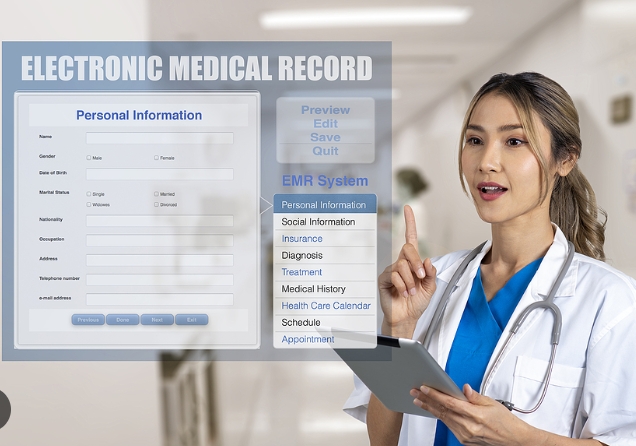The Future of Healthcare: How Digital Health Records are Revolutionizing Patient Care
Digital health records are changing the way healthcare is delivered and improving patient care in numerous ways.
Improved Accessibility and Efficiency
Digital health records allow healthcare providers to access a patient’s medical history quickly and easily, resulting in more efficient and effective care.
Enhanced Communication and Coordination
With digital health records, healthcare providers can easily share information with other providers involved in a patient’s care, leading to better coordination and communication among healthcare teams.
Increased Accuracy and Safety
Digital health records reduce the likelihood of errors in medical documentation, leading to more accurate diagnoses and treatment plans, ultimately improving patient safety.
Enhanced Patient Engagement
Digital health records empower patients to take a more active role in their healthcare, giving them access to their own medical information and enabling them to communicate with their healthcare providers more easily.
Efficient Data Analysis
Digital health records allow healthcare organizations to analyze patient data more effectively, leading to better outcomes and more personalized treatment plans.
Improved Population Health Management
By aggregating and analyzing data from digital health records, healthcare providers can identify patterns and trends in patient populations, allowing them to better address public health issues and improve overall population health.
Conclusion
Digital health records are revolutionizing patient care by improving accessibility, communication, accuracy, patient engagement, data analysis, and population health management. The future of healthcare is digital, and the benefits of digital health records are clear: better healthcare outcomes for patients and more efficient, effective care delivery for providers.

